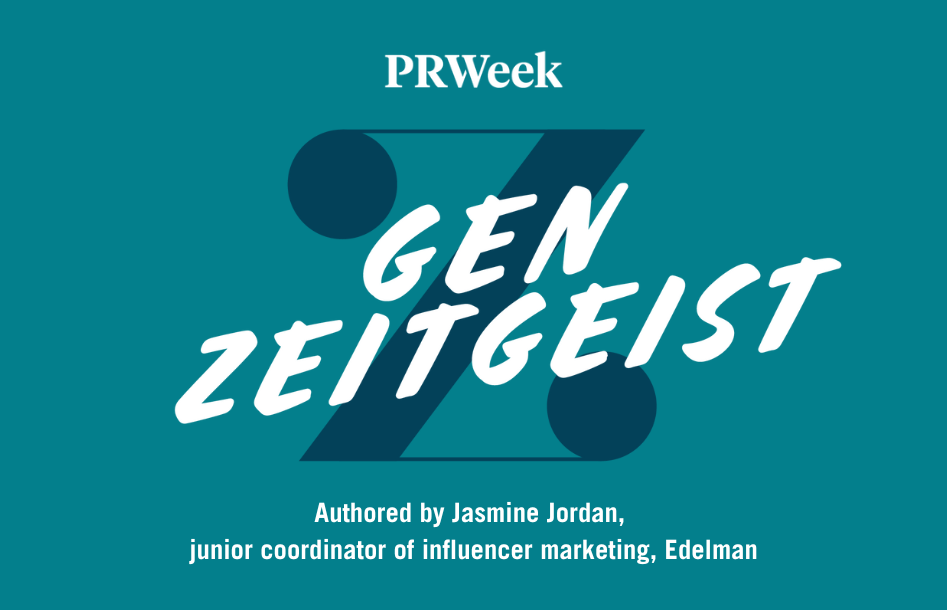Despite its rapid maturation and growth, the influencer industry is still the new kid on the block in most advertising circles.
As a member of Edelman’s Gen Z Lab and part of the agency’s influencer marketing team, I’ve seen firsthand how organizations are slowly shifting dollars away from traditional TV, radio and print ads to influencer campaigns in order to reach the digital generation, Gen Z.
The media landscape has evolved so rapidly that polished and traditional advertising is now negatively perceived as inauthentic and fake — a cardinal sin for Gen Z — against the backdrop of everyday influencer content.
Growing up, I saw the media depicting the American nuclear family living behind a white picket fence, happy with [insert useless product here]. It left me jilted and confused because it’s not the reality I, or my generational counterparts, live every day.
In Gen Z’s reality, the student debt crisis worsens, racial injustice flares and climate change is overlooked. Within the broader cultural landscape, these traditional advertisements are just a reminder of everything out of reach. Since I entered the marketing workforce, I’ve recognized the power of influencer marketing as a tool to communicate to Gen Z the way they want: real, raw and relatable.
‘Day in my life,’ ‘Get ready with me’ and unserious photo dumps. These are just a few examples of content Gen Z looks for and craves. Influencers like TikTok’s unofficial big sister, Monet Michael, bring connectivity to their content while simultaneously being able to promote their favorite lipstick or snack.
Sometimes, content can seem too branded and unrelatable. Gen Z is easily able to tell when an influencer genuinely loves a product vs. when they’re just cashing a check. Younger audiences need to believe in what they’re being recommended. Trust drives action.
We’ve seen the rise and fall of influencers who faked it and paid the price. When a partnership is inauthentic, Gen Z will quickly sniff it out; they do their homework. In fact, 70% of Gen Zers fact-check what they see online, including whether the product/creator fit is off or messaging doesn’t add up.
In my two years at Edelman working on the influencer team, I have seen brands shifting their strategy from the general population to Gen Z. They have started to realize not only the buying power Gen Z has, but the sheer influence it has over other generations. “Gen Z influences what [older generations] buy (average of 58% across several items),” according to Edelman’s The New Cascade of Influence report.
More than any other generation, Gen Z controls the content in our digital ecosystem. They are the ones not only sharing but producing the most content. Gen Z plays a key role in shaping the influencer landscape, which then shapes other consumer decision-making, such as what we buy, what businesses and causes we support and what we expect from our employers. The list goes on.
When brands don’t factor Gen Z into their business today, it’s likely they won’t have a business tomorrow.
Jasmine Jordan is a junior coordinator of influence and member of Edelman’s Gen Z Lab.
